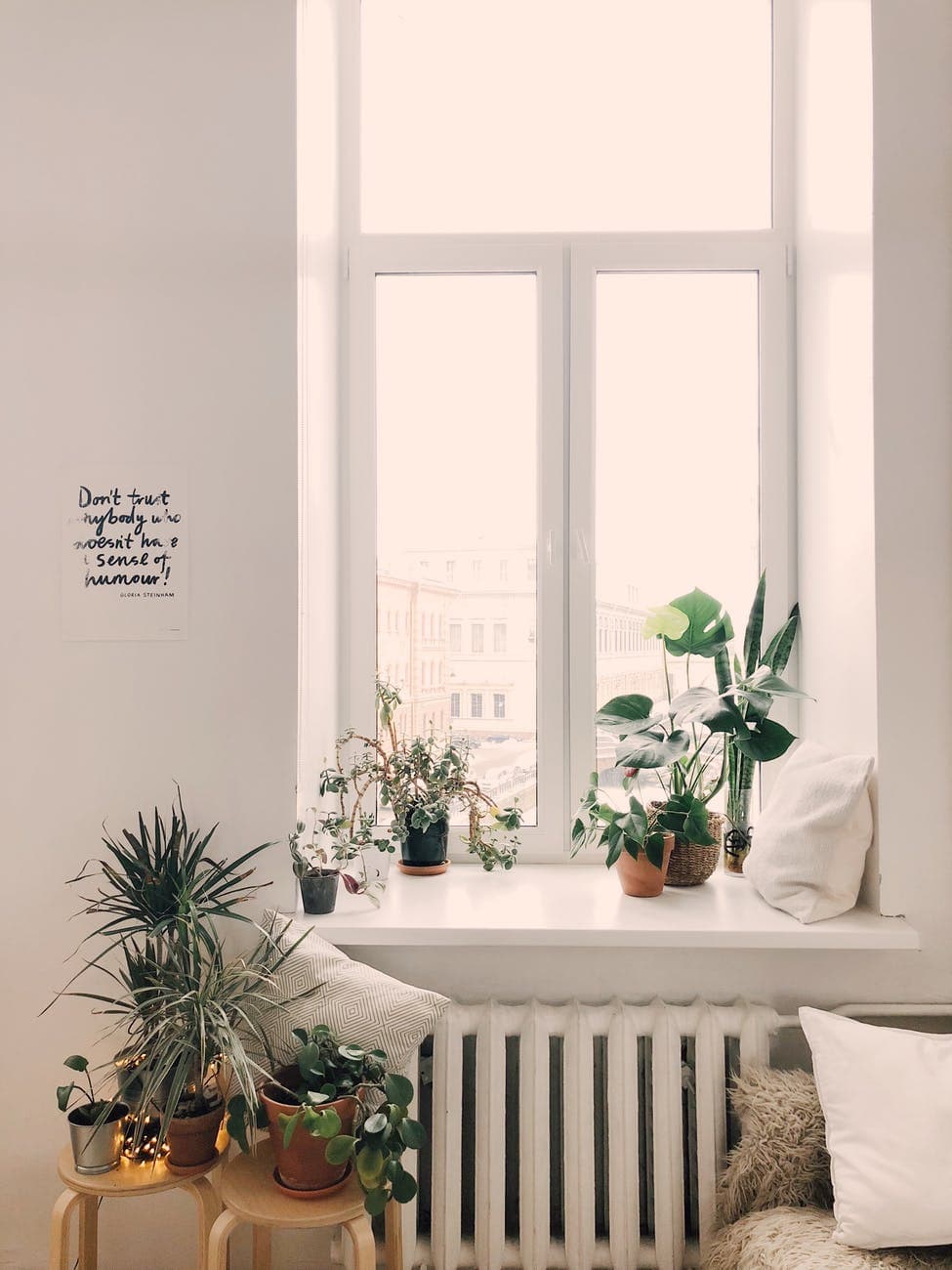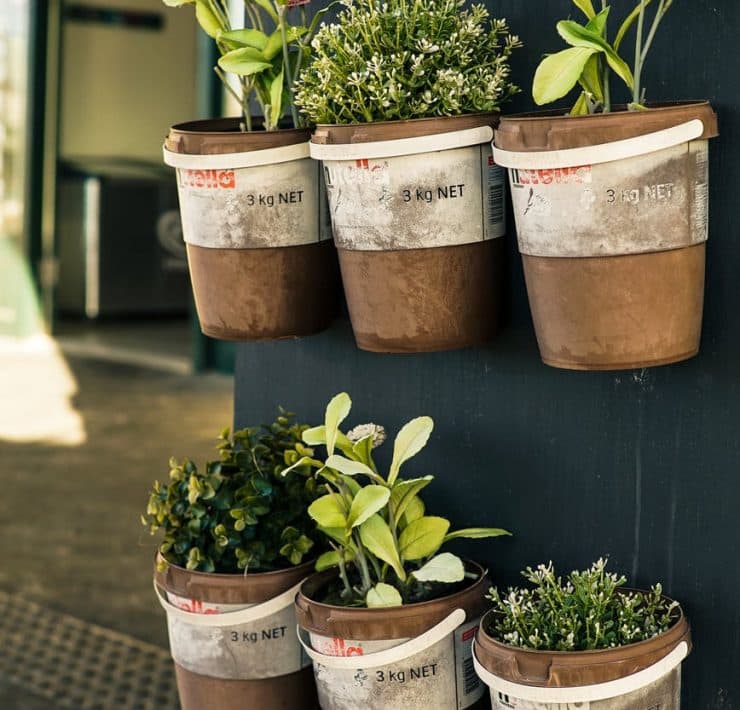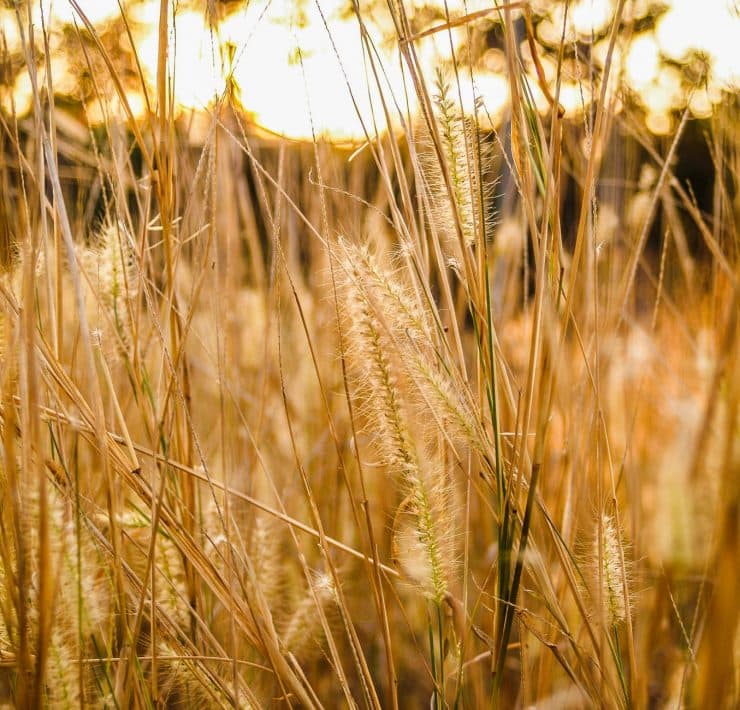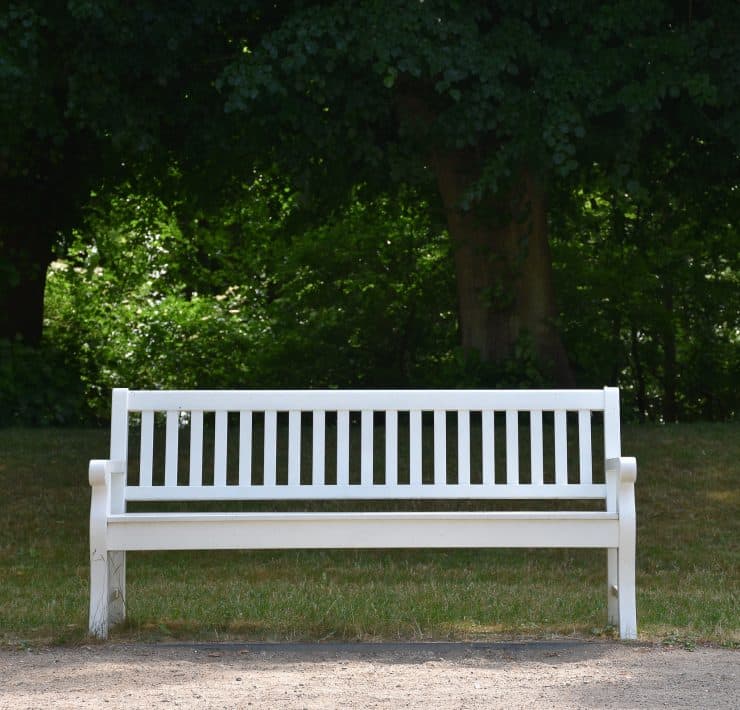Tips to maintain and Water Houseplants

Many people are not aware of the correct ways to water houseplants. This is the most common cause of houseplant loss. If you’re not sure how to water your houseplants, here’s what you need to do. Here’s how to water houseplants.
Choose plants that do well as indoor plants. This means the plants that need a little direct light and requires moderate temperatures to survive. Houseplants also require less watering compared to outdoor plants. Aloe, Anthurium, Peace Lily, African Violets, Snake plant, and Chinese evergreen are some plants that are easy to grow in an indoor environment. You can also get a recommendation from the gardener at your local plant nursery to get a complete list of for plants available in your neighborhood.
Place a saucer under the pot to catch any excess water drains from the container. Make sure you empty the dish of any drained or excess water. If you leave the water, the plant will reabsorb it, and it may cause the roots to become oversaturated. You may also want to invest in a moisture checker if you don’t want to check the soil with your finger regularly. If using clay pots do, remember that clay pots can retain moisture longer than plastic containers.
Let size guide you. Plants with bigger leaves will require more water. Also, keep in mind that houseplants in smaller pots will need more watering. Smaller containers and therefore less soil will have less ability to retain water than plants in bigger pots with more soil.
Water the plants in the morning. If you wait too late in the day, you’ll lose water to evaporation. As a general thumb rule, the condition of the soil should guide you when to water the plants. If you touch the ground and it feels damp, then there’s no need to water it. If you move the soil and it feels grainy, powdery and dry, then it’s time to hydrate the soil.
Use a watering can with a pointed spout to water the houseplants. Do not use excessive cool or hot water room temperature water is fine. Fill a watering can with water from the faucet and let it sit overnight. This allows the chemicals to evaporate. Any chlorine in the water is not good for your plant and may cause it not to bloom as much. Extreme water temperatures can cause your plants to wilt.
Avoid wetting the leaves when you water the plants. Point the spout directly to the soil, so the water goes directly to the roots. For some plants, wetting the leaves causes it to develop brown spots, which is unsightly. Keep in mind that if your houseplants are in a warm sunny room, or by a window, it will need to be watered more frequently.
Keep these things in mind when watering your houseplants. When you purchase a plant, read the instructions carefully and follow the care and maintenance instructions.








